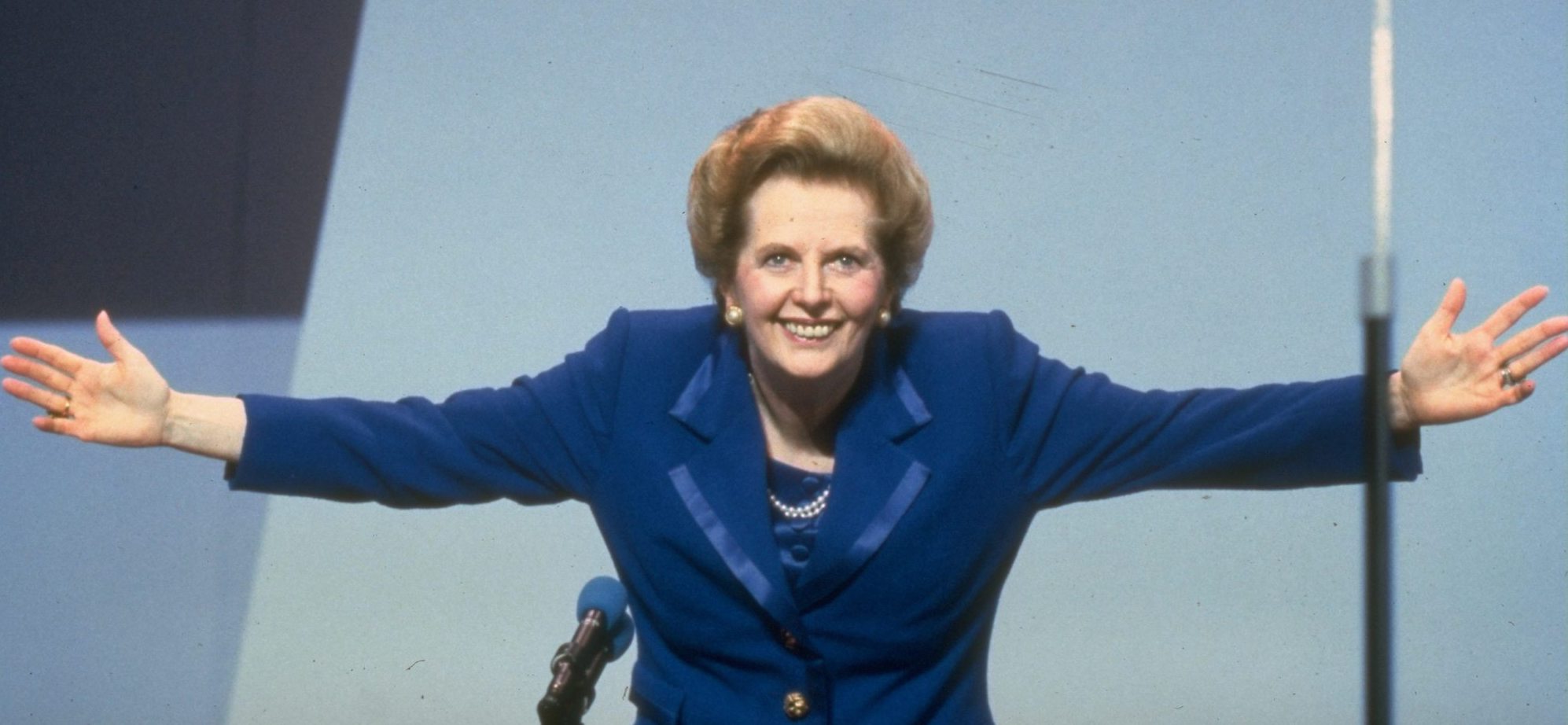There is a curious entry in the BBC News in-house style guide, updated last November but picked up this week by Steerpike. Our beloved national broadcaster has managed to do what Margaret Thatcher never attempted, or even dreamed of— to erase homosexuality at the stroke of a pen.
Under the heading ‘gender/sex’ — which is telling even before you go any further — the BBC tells its staff that ‘Homosexual means people of either sex who are attracted to people of their own gender’. This is a bizarre, meaningless sentence. It begins by acknowledging the basic reality of biological sex and ends by denying it. You could replace ‘gender’ at the end of that sentence with raspberry, hippopotamus or jabberwocky and it would make the same amount of sense.
An unfortunate linguistic quirk of English is that sex and gender are often used interchangeably — think how often we hear about the ‘gender pay gap’. This is presumably to avoid confusion between the meaning of sex as biological classifier and as an abbreviation for sexual intercourse; the ‘sex pay gap’ conjures up a quite different mental image.
This makes it easier to swap the two words on the quiet, even though they refer to distinct things. But homosexuality describes people attracted to people of their own sex. The word is not ‘homogenderal’.
The elision of sex and gender in this new BBC-approved definition is however quite deliberate, and echoes uncannily the recent words of the now-egregious charity Stonewall on the subject. In this, it openly contradicts section 12 of the 2010 Equality Act which explicitly defines the protected characteristic of sexual orientation as ‘towards persons of the same, opposite, or either’ sex. The magic word gender doesn’t appear there at all.
Let’s have a think about what this means. If a straight man falls in love with a woman who claims to be a man, hey presto — he is now a homosexual.
The guide goes on to say that the word homosexual ‘can be considered offensive in other contexts because of past associations with illegal behaviour and mental illness’.
Really? Offensive to whom, exactly? Who finds this neutral descriptor of observable reality offensive?
A few lines down we are told that ‘Gender identity has come to mean how people feel or present themselves’. Oh. Has it? When did this mysterious ‘coming to mean’ happen? Was there a special convocation? Who decided it?
If sex is swapped for ‘gender’ — a costume decided by the individual — then desire becomes merely a paraphilia for outfits, not an orientation for sexed human beings. This is a way of trying to reframe sexual desire to break down people’s (mostly women’s) rights and boundaries. It is deeply unpleasant and creepy.
Shaming people for being attracted exclusively to their own sex is factory settings, baseline, original recipe homophobia. And this is a textbook example of the new homophobia baby-stepping its way through the institutions, slipping its way through the little gaps in language and the gaping holes in democratic accountability.
In a sane world with an actual conservative government in power, this could all be put right in an afternoon. They would give a clear, unequivocal reminder that in law it is sex that counts, not nebulous gender, and for institutions that replace it and misrepresent that law to face swift and appropriate legal sanction.
It’s ironic that the Tories’ guilt about section 28, and terror of the increasingly deluded ‘LGBTQ+’ lobby, is leading them to ignore something far, far worse and far more blatantly homophobic. Yes, the Tories once passed a law banning the promotion of homosexuality, but at least that law acknowledged that homosexuality existed.











Join the discussion
Join like minded readers that support our journalism by becoming a paid subscriber
To join the discussion in the comments, become a paid subscriber.
Join like minded readers that support our journalism, read unlimited articles and enjoy other subscriber-only benefits.
Subscribe